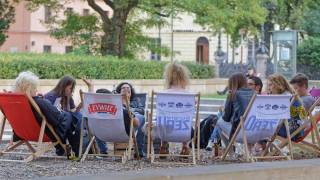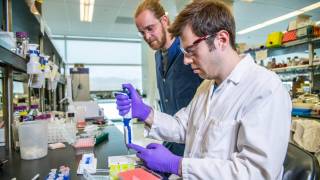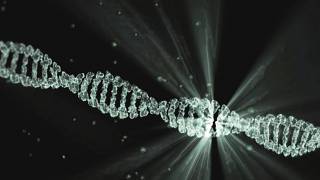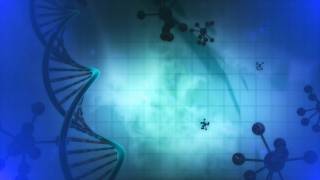Is There An HSV-2 Vaccine Available?

Over the past year, a few herpes vaccine candidates were approaching the clinical trial finish line.
However, the latest candidate, Genocea's GEN-003 genital herpes vaccine, missed its goals during late-stage clinical trials in 2017.
Genocea deserves credit for trying to produce a vaccine that is in great demand. The odds were not on their side.
Related articles:
But, Vical Inc. is not giving up on developing a herpes vaccine.
Vical develops biopharmaceutical products for the prevention and treatment of chronic or life-threatening infectious diseases.
Vical is developing the HSV-2 therapeutic vaccine, VCL-HB01, to treat patients with symptomatic genital herpes infection.
This vaccine candidate is currently being evaluated in a Phase 2 study in healthy adult subjects, 18 to 50 years of age who are randomized 2:1 to receive either vaccine or placebo, reports Vical.
Recruitment of 261 subjects at 15 U.S. clinical sites was completed in April 2017 and the 4-dose vaccination series was completed in July 2017. Following the 4th vaccination, each subject entered a 12-month surveillance period during which each new lesion recurrence is assessed in the clinic by the investigator.
Once all subjects have completed a minimum of 9-months of surveillance, the primary endpoint of annualized recurrence rate will be calculated based on those recurrences that are both clinically - and virologically - confirmed.
This endpoint provides important information on the number of recurrences over time in this chronic disease setting and is clinically meaningful for both patients and treating physicians.
According to the Centers for Disease Control and Prevention (CDC), genital herpes is widespread throughout the world and is generally sexually transmitted.
Over 24 million people in the United States are infected with HSV-2 and there are 776,000 new infections each year.
Approximately one out of every six people aged 14 to 49 years have an HSV-2 infection.
Genital herpes is an STD caused by two types of viruses. The viruses are called herpes simplex virus type 1 (HSV-1) and herpes simplex virus type 2 (HSV-2).
More women are infected with HSV-2 than men.
This is because sexual transmission of HSV is more efficient from men to women. rather than from women to men, says the World Health Organization.
Most infected people are unaware that they have the infection. Typically, about 10-20% of people with HSV-2 infection report a prior diagnosis of genital herpes.
When symptoms do occur, genital herpes is characterized by one or more genital open sores called ulcers.
After an initial genital herpes infection with HSV-2, recurrent symptoms are common but often less severe than the first outbreak. The frequency of outbreaks tends to decrease over time.
Antivirals, such as acyclovir, famciclovir, and valacyclovir are the most effective medications available for people infected with HSV. These medications can help to reduce the severity and frequency of symptoms.
But, these antivirals cannot cure the HSV-2 infection.
Our Trust Standards: Medical Advisory Committee


























